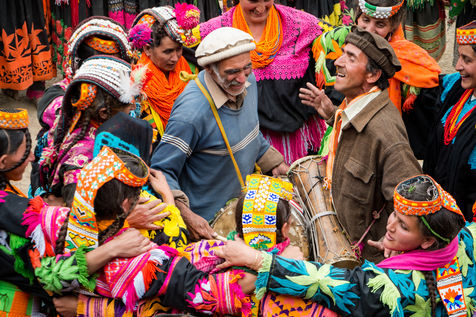RingtailCanyon
Well-known member
Yes I’m sure that kafiristan post rekindled a fire in my stoned memory. Like I said… Rob’s books aren’t easy to read. It sounds like there are discrepancies in his terms. He says kafiristanica is the NLD ancestor? I’ll look back in hashish! when I Get a chance later today.




